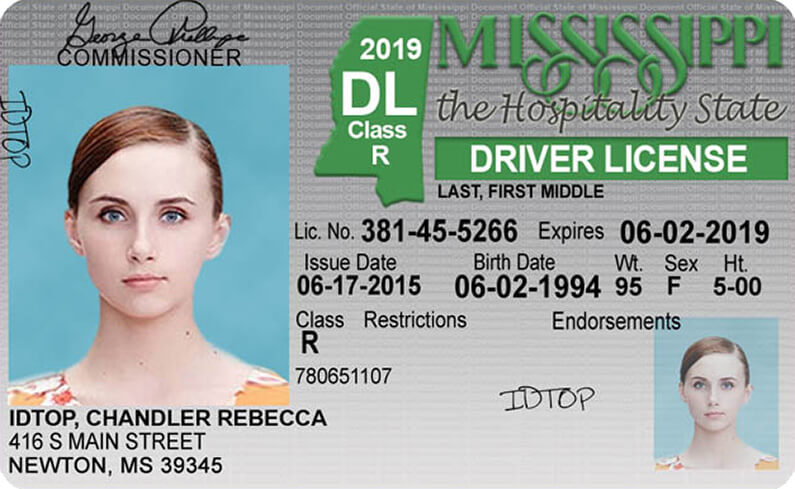

“If you live in one of these states and have a driver’s license, you are in one of the databases that the FBI has access to,” says Georgetown’s Spivack.

Twenty-one states currently allow federal agencies such as the FBI to run searches of driver’s license and identification photo databases. “The technology disproportionately impacts groups that are already marginalized, particularly women and individuals with darker skin,” says Jeramie Scott, senior counsel at the Electronic Privacy Information Center and director of the EPIC Domestic Surveillance Project. In addition, studies have shown that facial recognition technology is far better at identifying white men than members of other groups, which can lead to mistaken arrests. Other factors can impair accuracy, too, including the age of the photos and the fact that law enforcement is often comparing photos in a database to low-quality surveillance footage. The accuracy of facial recognition goes down as the size of a database increases.” But when law enforcement is searching for a person of interest, the system has to search against a large database of millions or even a hundred million photos. “We are simply comparing two face images. “What we do on a phone is authentication,” says Anil Jain, a professor of computer science at Michigan State University who studies computer vision. But there are important differences between the face scans that open iPhones and the methods employed by law enforcement. You may be using it dozens of times a day to unlock your smartphone.

“Just because one government agency obtains sensitive personal information legally for a specific reason doesn’t mean that any other government agency should have access to that data for a range of other purposes, including possible criminal prosecution.”įacial recognition is already a part of many people’s lives. “ raises both privacy and civil liberties concerns,” says Sharon Bradford Franklin, director of surveillance and cybersecurity policy at the New America Open Technology Institute, a think tank based in Washington, D.C. However, the use of DMV photos for law enforcement has vocal opponents. Del Greco, FBI deputy assistant director, testified that facial recognition technology is necessary “to preserve our nation’s freedoms, ensure our liberties are protected, and preserve our security.” The databases are of interest to ICE because a number of states allow residents to obtain driver’s licenses regardless of their immigration status.Īt a congressional hearing last month, Kimberly J. The FBI has been using Department of Motor Vehicles photos since at least 2011, according to privacy advocates.


 0 kommentar(er)
0 kommentar(er)
